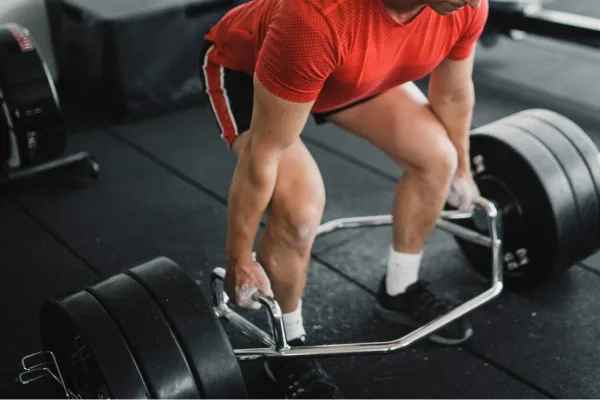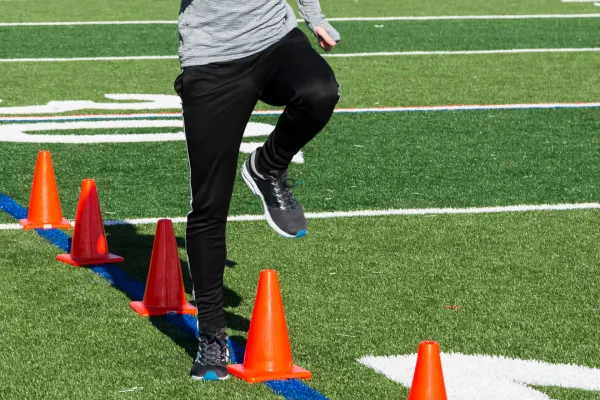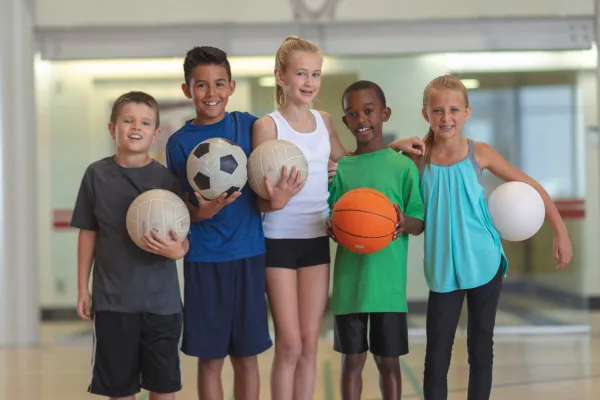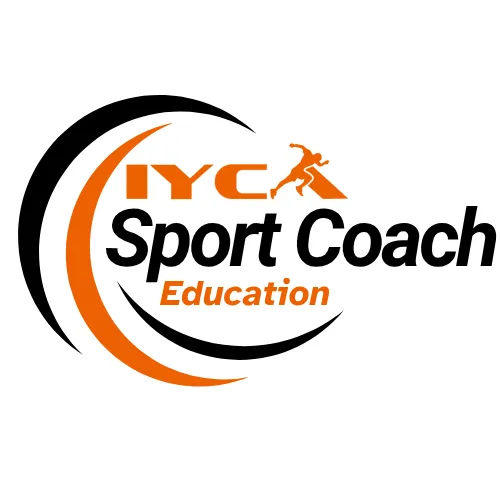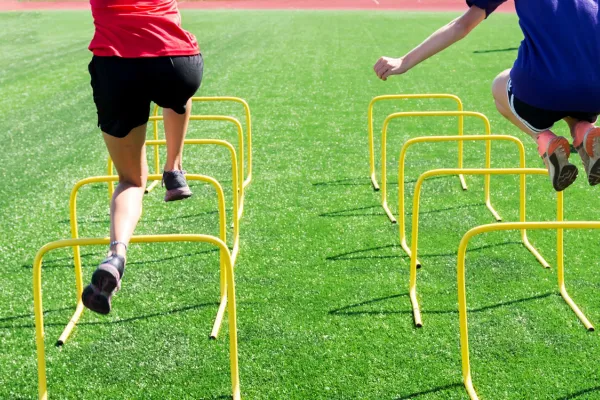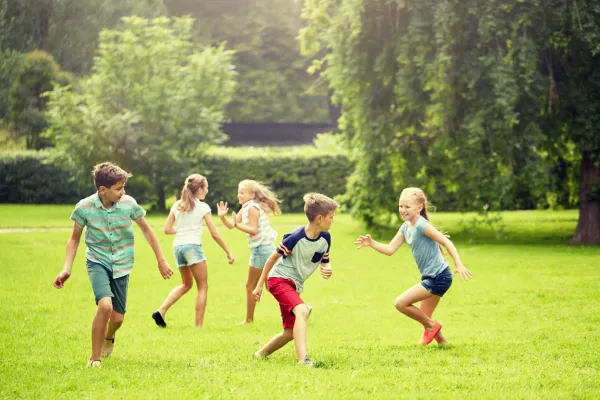
Movement Literacy: The Foundation of Lifelong Performance
When most people hear the word performance, they immediately think of sports—how an athlete prepares, executes, and competes. But performance isn’t just about sport; it’s about being human. Every one of us performs daily, whether we’re moving through a workout, playing with kids, or simply carrying groceries. At the heart of all this lies movement literacy—the ability to understand and master the fundamental building blocks of human movement.
What Is Movement Literacy?
Movement literacy is the capacity to perform a wide variety of movements across different environments. Much like learning to read opens doors to communication and knowledge, movement literacy opens doors to participation in sports, recreation, and lifelong physical activity.
The foundation of movement literacy is built on Fundamental Movement Skills (FMS):
Locomotor skills: running, hopping, skipping
Object control skills: throwing, catching, kicking
Stability skills: balance, rhythm, posture
While these may sound like childhood basics, they remain just as important in adulthood. Parents, coaches, and anyone guiding youth benefit from understanding and modeling these skills. Research shows that early mastery of FMS is linked to higher physical activity, improved fitness, and better performance across the lifespan (Robinson et al., 2015).
Why FMS Matters
Locomotor skills like running and hopping create the groundwork for speed, agility, and endurance. Poor mechanics in youth often carry into adulthood, increasing injury risk later in life.
Object control skills such as throwing and catching develop hand-eye coordination, proprioception, and upper-lower body integration.
Stability skills like balance and rhythm improve body control, efficiency, and the ability to absorb external forces. Rhythm, often overlooked, gives movements flow and sequencing that enhance coordination.
Ignoring these foundational skills not only limits athletic performance but can also raise the risk of injury and decrease confidence in physical activity.
The Power of Play
While structured training has its place, children often learn best through gameplay. Play allows kids to explore movements without even realizing they’re practicing key skills—and they have fun doing it.
Some powerful examples include:
Tag: builds speed, agility, balance, and decision-making
Red Light, Green Light: improves listening, spatial awareness, and deceleration control
Hopscotch: develops single-leg strength, balance, and rhythm
Climbing: strengthens grip, arms, and coordination
Unstructured play naturally introduces variety, reduces overuse injuries, and encourages adaptability—qualities that benefit athletes and non-athletes alike.
If you'd like more detailed drills and ideas for gameplay, check out Gameplay Performance 2.0
Strength and Coordination at the Youth Level
Strength in children doesn’t come from barbells or dumbbells—it comes from natural bodyweight movements done with control and coordination. Exercises like lunges, squats, push-ups, pull-ups, and glute bridges build a strong foundation.
When kids learn these movements early, they carry proper mechanics into adulthood, making the transition to formal strength training smoother and safer. The result? More confident movers who enjoy physical activity rather than fear it.
Movement Through the Lifespan
Fundamental Movement Skills aren’t just for kids. From age two through adulthood, they shape stability, coordination, reaction, and strength. They not only support health and reduce the risk of chronic disease but also make everyday life more enjoyable.
Movement is freedom. And when children (and adults) play, they gain skills that build confidence, resilience, and joy in being active.
A Challenge for You
Encourage the youth around you to move, play, and explore. But don’t stop there—challenge yourself too. Play hopscotch, jump rope, or revisit games from your own childhood. You may be surprised by how much fun you have, how your body responds, and how those small moments of play can spark lifelong health and vitality.

About the Author
Dr. Brad Leshinske is the Vice President of Beyond The Game Alliance and a seasoned strength coach, sports scientist, and educator with over 20 years of experience.
He currently serves as Divisional Director of Health Sciences and Assistant Professor at Saint Xavier University, where he leads programs in Exercise Science and Sports Management. A former performance coach to athletes ranging from youth to Major League Baseball, Dr. Leshinske now focuses on bridging research with real-world athlete development.
Reference:
Robinson, L. E., et al. (2015). Motor competence and its effect on positive developmental trajectories of health. Sports Medicine, 45(9), 1273–1284.
Ready to Lead with Confidence, Not Guesswork?
At the IYCA, we believe that coaching is a profession of growth—and high-performing coaches are built on consistent habits, not just good intentions. That’s why we provide practical, athlete-centered education to help coaches at every level develop the skills, systems, and confidence to lead with excellence.
Whether you’re working with youth athletes just learning the game or preparing high schoolers for the next level, the IYCA is here to help you build the habits that matter most, starting with education.
Explore our coaching resources and certification programs: iyca.org
Need help designing a Coach Development System for your school, club, or organization?
Schedule a free consultation—we’ll walk alongside you to create a model that empowers both coaches and athletes.
📧 Email: [email protected]
If this blog sparked reflection or affirmed your mission—don’t stop here.
Get certified with the International Youth Coaching Association (IYCA) and gain the tools, science, and strategies to confidently support long-term athlete development.
Whether you’re working with beginners or elite youth athletes, IYCA certifications & programs are designed to elevate your impact.
Learn more and get certified today:
Certifications
Certified Athletic Development Specialists (CADS)
Certified Speed & Agility Specialist (CSAS)
Youth Nutrition Specialist (YNS)
Youth Athletic Assessment Specialist (YAAS)
High School Strength & Conditioning Specialist (HSSCS)
Because the best coaches never stop learning, and the athletes you serve deserve your best.



